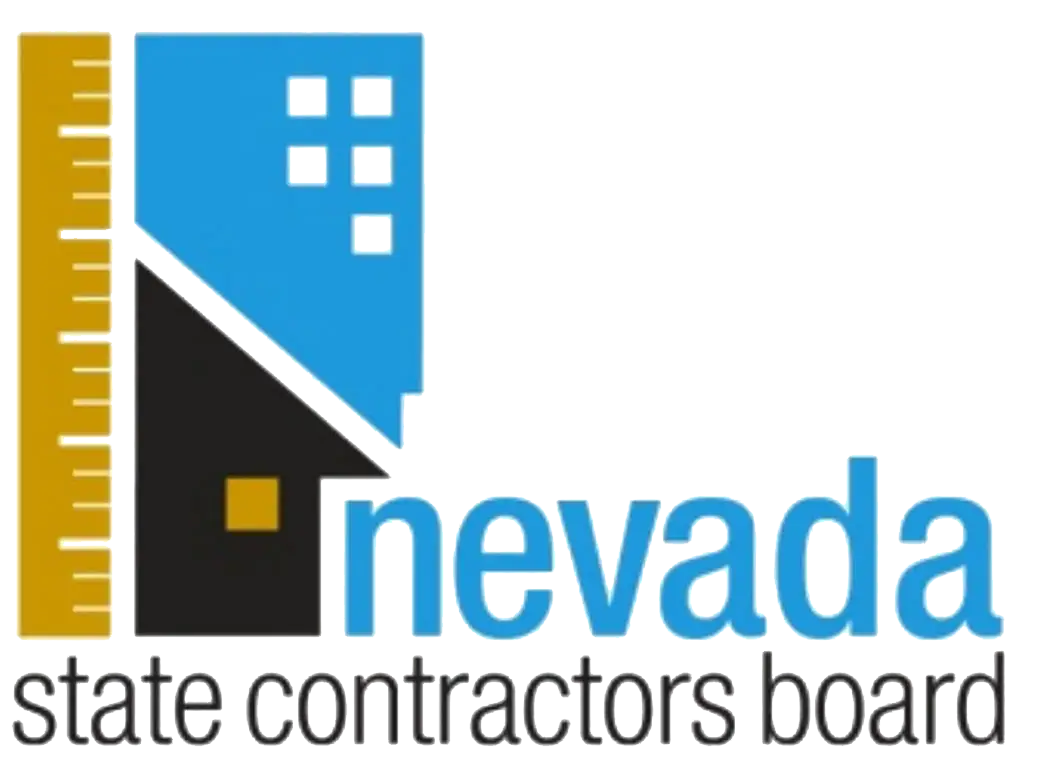Residential Recovery Fund Eligibility and Guidelines:
Mandatory Requirements:
These are the essential documents and steps required for the claim. Failure to provide these may delay the awarding of your Residential Recovery Fund Claim. Ensure that all forms are typed or printed in ink.
- Attach the original completed and signed Residential Recovery Fund Claim form.
- Attach the original completed, signed, and notarized verification form.
- Include all documents that verify payment(s) made on the contract, such as:
- Front and back copies of all checks.
- Copies of all receipts.
- Executed lien release waivers.
- Bank records of payments.
- A copy of the original contract and all change orders, credits, refunds, or discounts.
- A copy of a certified judgment award from the court of competent jurisdiction within two years of the judgment award.
- Copies of the front and back of all canceled checks payable to the contractor, subcontractor, or supplier that support the claim.
- Proof of any cash payment that supports the claim and a signed receipt from the contractor, subcontractor, or supplier, if applicable.
- A copy of a perfected lien, if applicable (must have been filed with the appropriate Recorders’ Office).
- Any other documentation requested by the Board to support the claim.
Additional Instructions:
These instructions pertain to the details of the claim and how to provide supporting information:
- Statement of explanation as to how the claim amount was calculated.
- Provide photographs.
- Obtain bid proposals from three properly licensed contractors to complete the work as calculated.
- Note that any upgrades in work not originally contracted will not be taken into consideration.
TESTIMONIALS
Success Stories from Homeowners Rebuilding with Confidence
FREQUENTLY ASKED QUESTIONS ABOUT NEVADA’S RESIDENTIAL RECOVERY FUND
OTHER HELPFUL INFORMATION:
The Residential Recovery Fund is designed for homeowners seeking to recoup losses from properly licensed contractors. Claimants should pursue other avenues (surety as cash bonds) for recovery prior to seeking assistance from the Fund. When considering offers of settlement by or on behalf of the contractor, claimants should keep in mind that recovery of their entire loss from the Fund is not guaranteed.
If the injured person has recovered a portion of his/her loss from sources other than the account, the Board shall deduct the amount recovered from other sources from the amount payable upon the claim and deduct the difference to be paid from the account.
The Residential Recovery Fund is not available to homeowners who hire unlicensed contractors, or who do not live in single-family residences.
WHERE CAN I GET ADDITIONAL INFORMATION ABOUT THE RECOVERY FUND?
Additional information related to the Residential Recovery Fund may be located on the Board’s website at:
www.nscb.state.nv.us or contact the Board offices at: (702) 486-1100 in Las Vegas or (775) 688-1141 in Reno.


